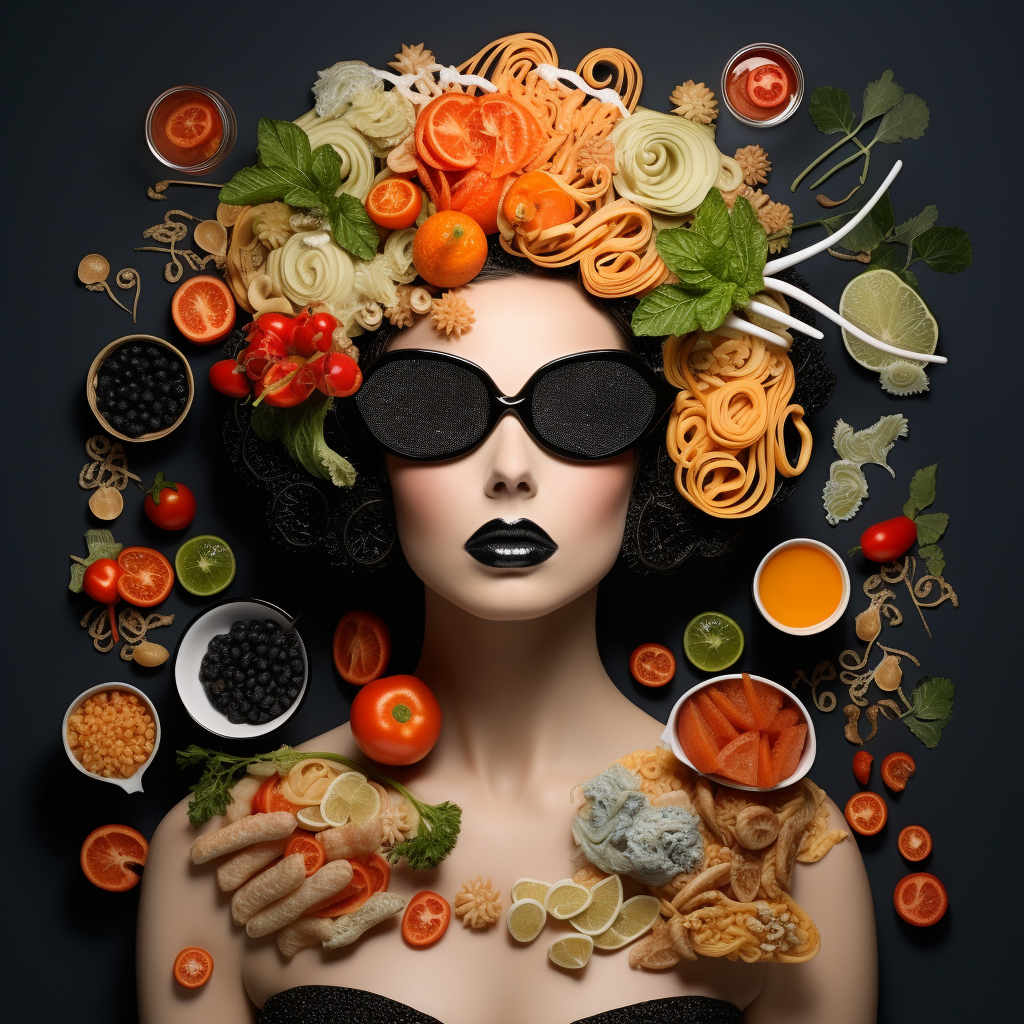Ever wondered what’s the next big thing in food? Staying updated on the latest food trends isn’t just about being in the know; it’s about seizing lucrative opportunities, keeping your brand relevant and ensuring your business remains at the forefront of industry evolution. We’ve rounded up four key food trends that we can see shaping the industry in 2024.
Avoiding ultra-processed foods
Recent years have seen a shift in focus to healthier eating with a strong focus on avoiding processed foods. The issue of ultra-processed foods hit the headlines in 2023, and we believe that customers will be actively seeking to avoid them going forward. Ultra-processed foods (UPFs) refer to food products that have undergone extensive processing and typically contain a long list of ingredients, many of which are additives, preservatives, and flavour enhancers. These foods are typically energy-dense but nutrient-poor, meaning they provide a lot of calories but very few essential nutrients like vitamins, minerals, and fibre. Examples include include sugary drinks, packaged snacks, fast food, and many convenience foods.
Not all food products that you find on the shelf are considered UPF. Nutritionists have developed the NOVA scale that categorises foods into four main groups:
a. Group 1 – Unprocessed or minimally processed foods: Fruits, vegetables, nuts, seeds, fresh meats, and fish.
b. Group 2 – Processed culinary ingredients: Oils, fats, sugar, and salt, which are used to cook and season foods.
c. Group 3 – Processed foods: Foods that have been processed to some extent but still contain recognisable ingredients, such as canned vegetables, cheese, and freshly baked bread.
d. Group 4 – Ultra-processed foods: This group comprises highly processed products with numerous additives, preservatives, and synthetic ingredients, designed to be convenient, long-lasting, and highly palatable.
We predict that enhanced transparency around processing over the next two to five years will create better-informed food and drink shoppers, and minimally processed products that boast higher nutritional value and are easy to use will win over more consumers.
Upcycling our food waste
Up to a third of the food created worldwide is wasted, and innovative food businesses are looking for ways to change this. Companies can create delicious and environmentally sustainable products by reusing by-products or ingredients that would otherwise be discarded, thereby minimising waste.
Toast (not us, but almost as cool) is making beer using surplus bread that would otherwise go to waste. The company partners with bakeries, sandwich shops, and other food businesses to collect their unsold or day-old bread, which is then used as a primary ingredient in the brewing process. Bread provides the starches and sugars needed to make beer, making it a clever and sustainable choice.
We predict that more companies will be moving towards recycling food waste in 2024.
Fermented food fans
Fermented foods are a diverse food product group that has undergone a natural biological process called fermentation. This process involves the transformation of sugars and other organic compounds by microorganisms such as bacteria, yeast, or moulds. Fermentation extends the shelf life of foods and enhances their flavours, textures, and nutritional profiles.
Popular fermented foods include yoghurt, sauerkraut, kefir, kombucha and kimchi. Fermentation can increase the bioavailability of certain nutrients, such as vitamins and minerals, and may improve the digestibility of food, making it popular with health-conscious consumers.
Sustainable packaging
Sustainable food packaging is an important aspect of reducing the environmental impact of the food industry, as packaging plays a significant role in the overall ecological footprint of many food products. Companies and consumers are increasingly recognising the importance of adopting sustainable practices in this area to address environmental concerns and work towards a more sustainable food system.
In 2024, we predict that customers will be choosing products that are packaged to minimise environmental impact while ensuring the safety and preservation of your food.
